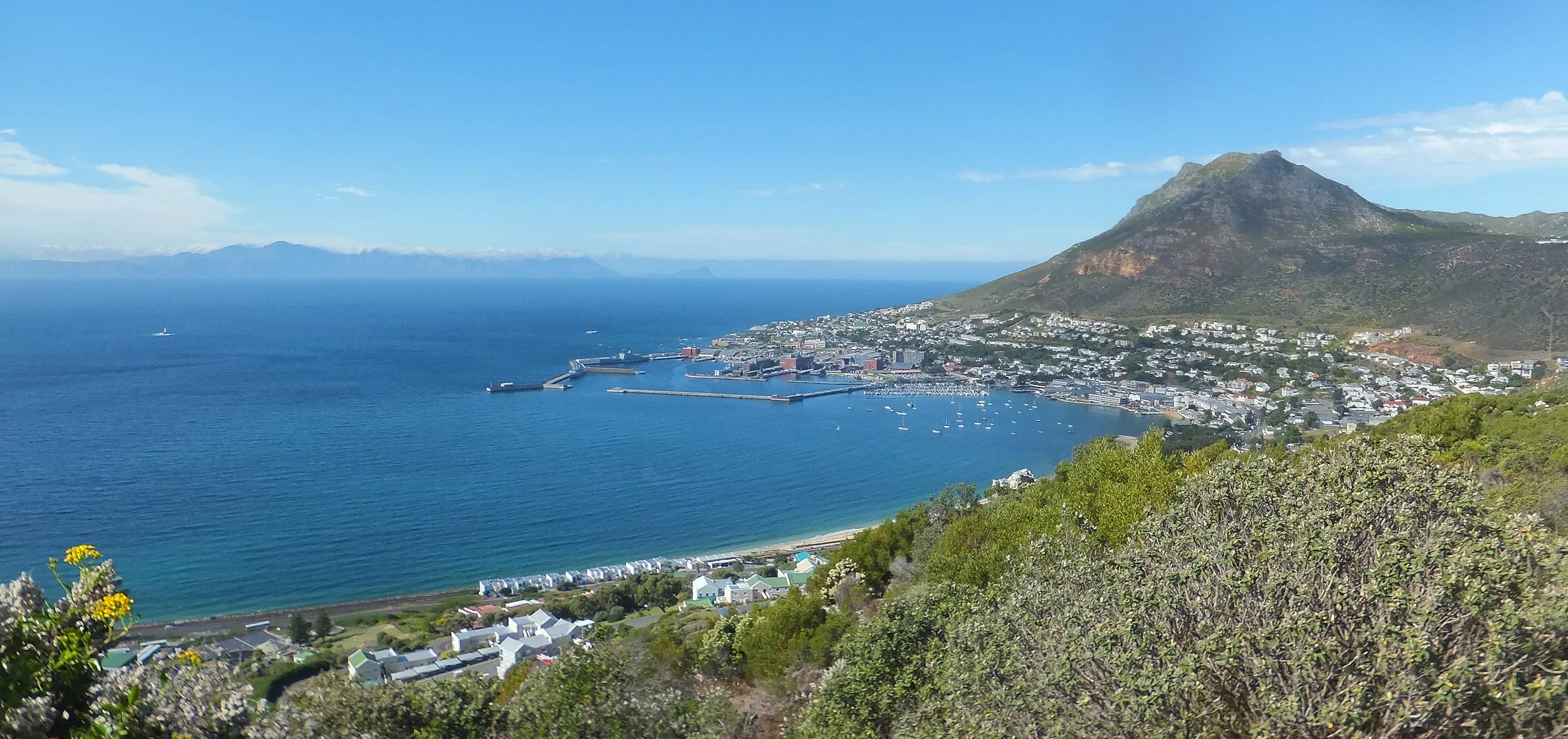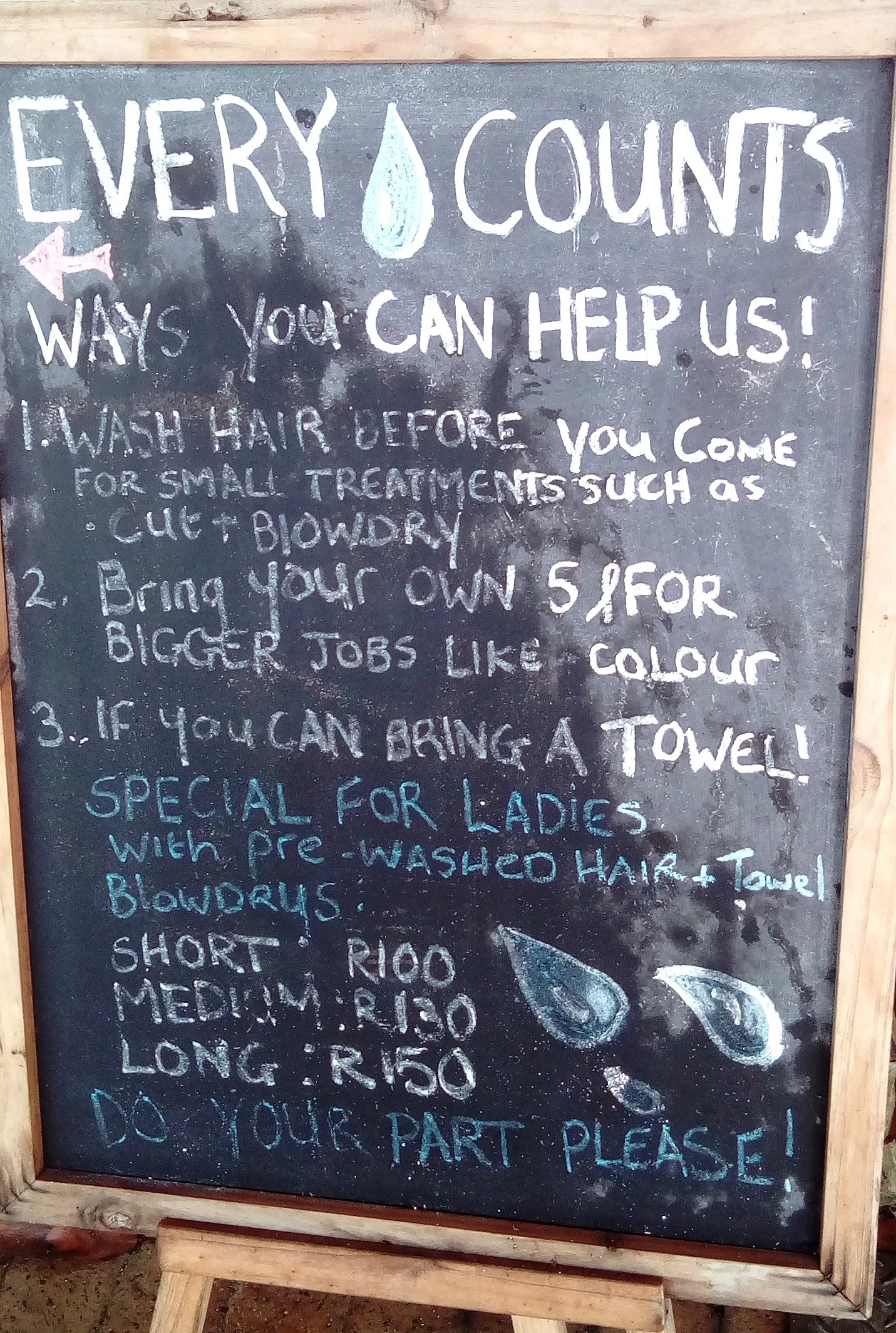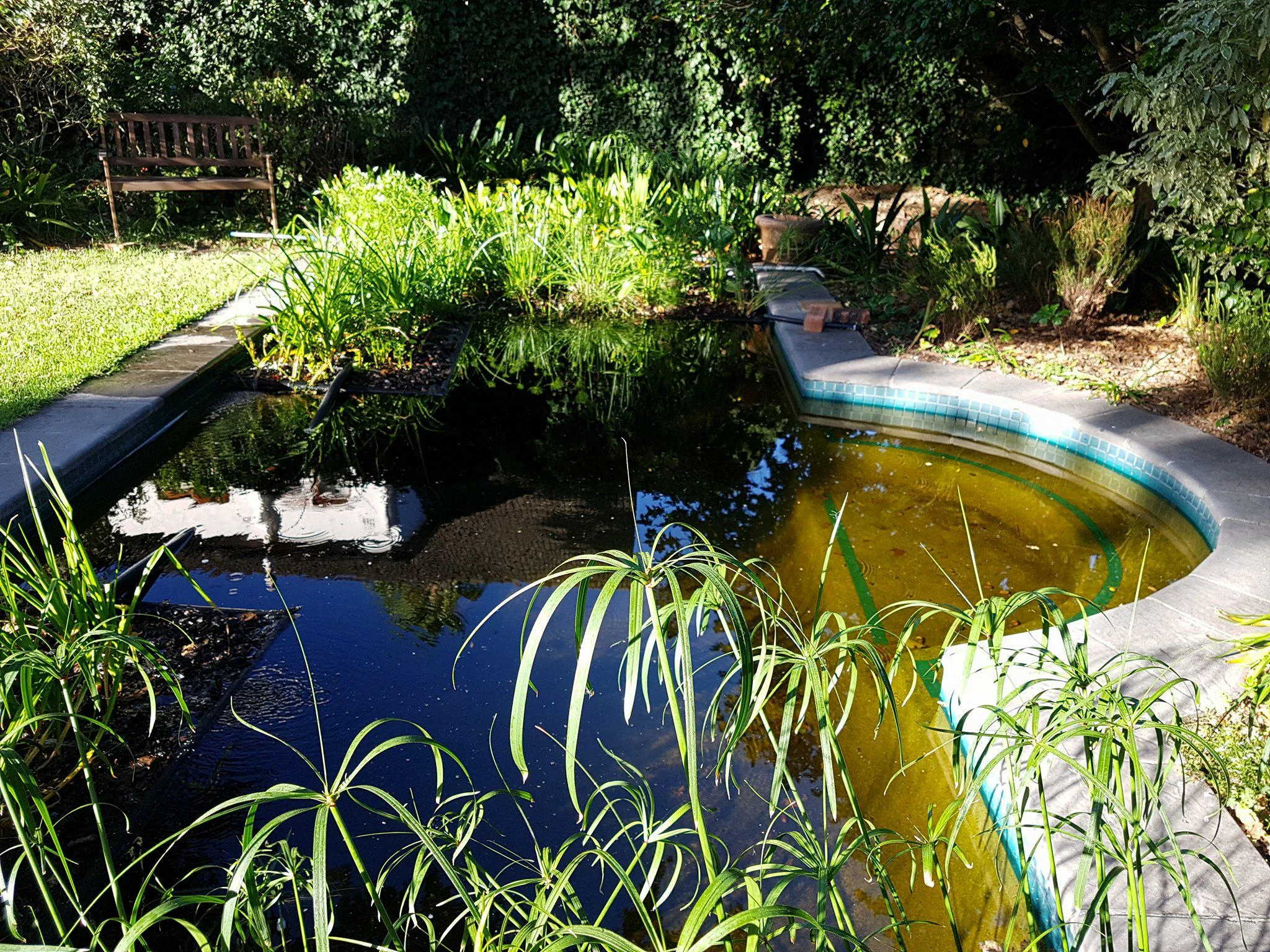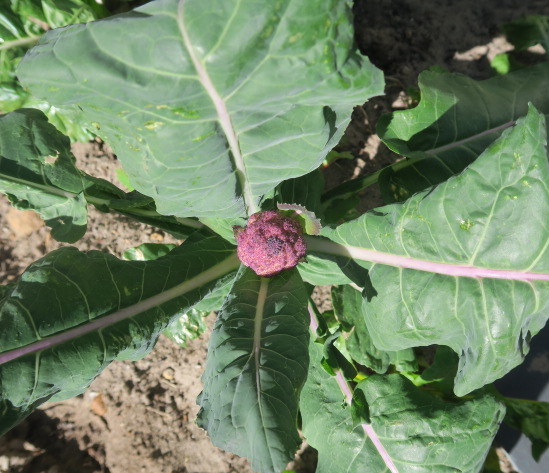Cover (and book) design by the super talented Marius Roux.
I feel a bit pushy putting this up on my blog, but thanks to you and you and you and you and YOU! and youandyouandyouandyou -- I have a book on water-wise ways coming out in less than two weeks' time. This was the brainstorm of Bookstorm (bad pun: tick), a nimble indie publishing company run by the indefatigable Louise Grantham, along with Russell Clarke, who shepherded me and the MS through production, and Nicola van Rooyen, who sold this book while it was still a gleam in Louise's eye.
It was all their idea, and while I often say it takes a village to write a book, in this case, it was far more. The content of this book was generated by every single person who's spoken to me about water, from scientists to activists, from gardeners to councillors, from guesthouse owners to waitrons -- and let's not forget all the people I've met in queues at springs, and in coffee-shops and at meetings. I haven't talked to this many strangers in years.
So this is to say a huge thank you to all those people who have chipped in (I nearly said "dripped in") with their ideas and tips for saving and harvesting water and generally being very clever and creative in their responses to the crisis. I hope you'll enjoy the book, and it's not all Serious and Austere -- there are some fun bits, and hopefully it will stimulate more ideas and discussion, especially as we come up against further water challenges in the months that lie ahead.
Spoiler alert: there are more than 101 tips in the book. In fact, we have a perfect nelson (111), which means a lot to this cricket fan.
Back to the week that was: it's been fascinating in terms of water meetings -- got to chat to some very interesting people about what's going on behind the scenes: in a nutshell, frantic prep by the City, in partnership with civil society, NPOs and private organisations, for Day Zero. Yup, the supposedly "cancelled" Day Zero. It's still very much a possibility, but what's comforting is discovering how hard people are working to "waterproof" the City, zone by zone, institution by institution. Right now the huge wild card is whether or not it will rain this winter, and how much: and we just don't know. However, I have grounds for cautious optimism: my cats are already growing in their winter coats (last year, they were sporting summer lightweight suits well into May).
This is what my cat Lily looks like when a cold, wet winter is on its way.
Nevertheless, it was encouraging to hear how much is actually being done, especially in and for vulnerable communities -- certainly down here in the Deep South. I hope similar efforts are being made elsewhere. I shall sleuth and let you know.
A relative asked me the other day if I wasn't sick of all the extra work engendered by being water-wise. Actually, I relish it -- still love the sense of thumbing my nose at the City when I climb into a bath of water that an hour ago was falling from the sky, even if it's meant racing around from downpipe to downpipe with buckets. But I confess to being a little bit tired of having to clean up grey water when I accidentally spill or splash it -- that stuff can be pretty dreary and stagnant-smelling. So here's a tiny but good tip: the tidiest, most efficient way to pour grey or non-drinkable water into a toilet tank is to use a garden watering-can. That's if you haven't rigged up a polystyrene or plastic top with a funnel, but if you're still lifting your ceramic lid off, this prevents splashing.
And here's a sweet recommendation from a friend who recently had a birthday party: eat more ice-cream cones. I can get behind this one.












